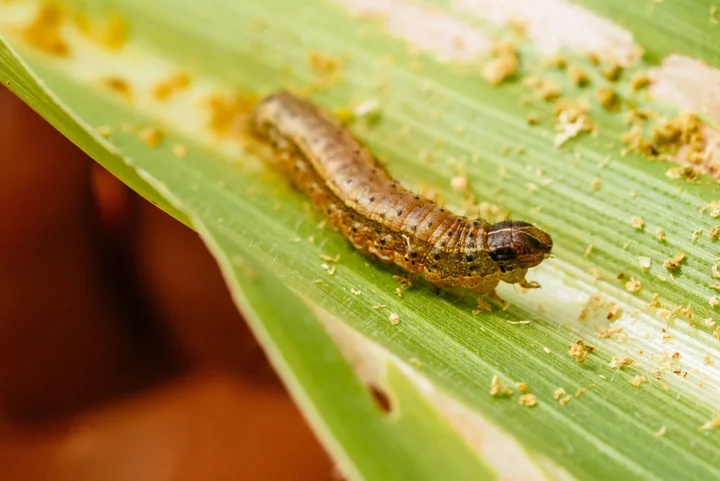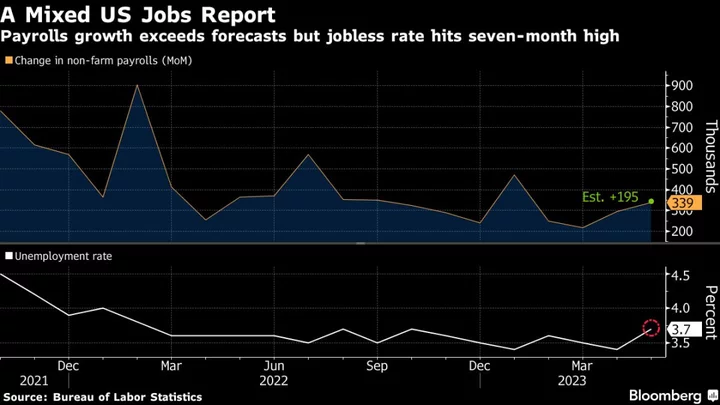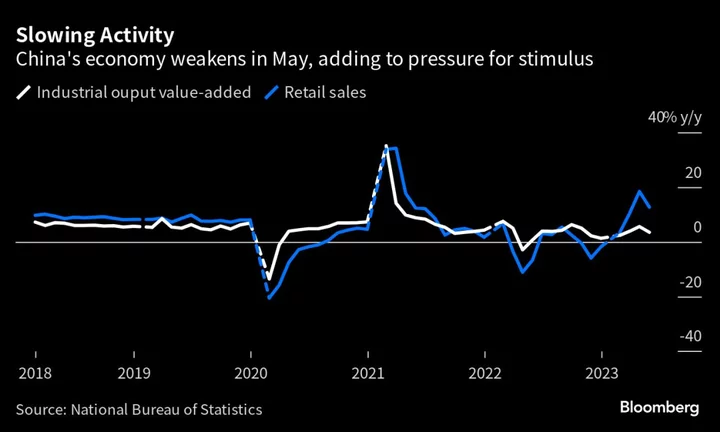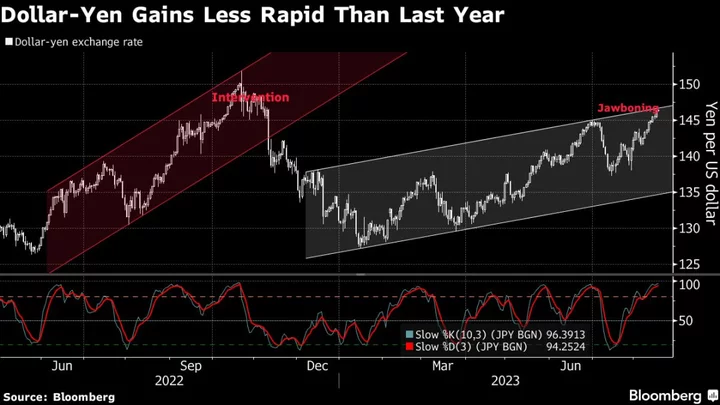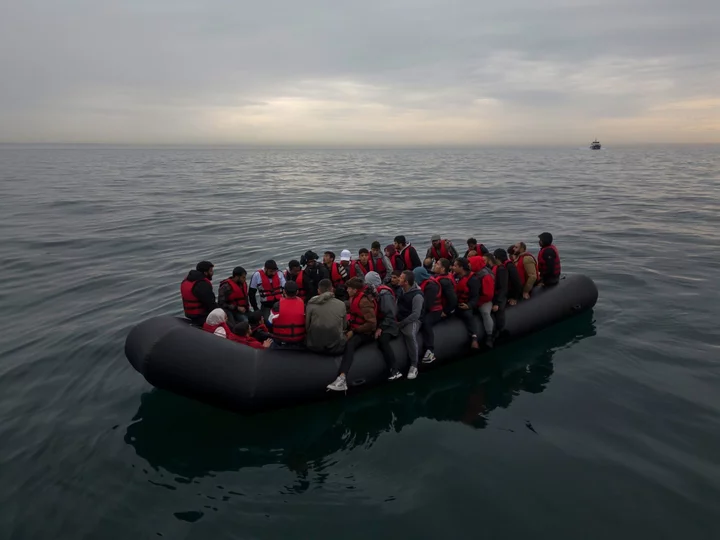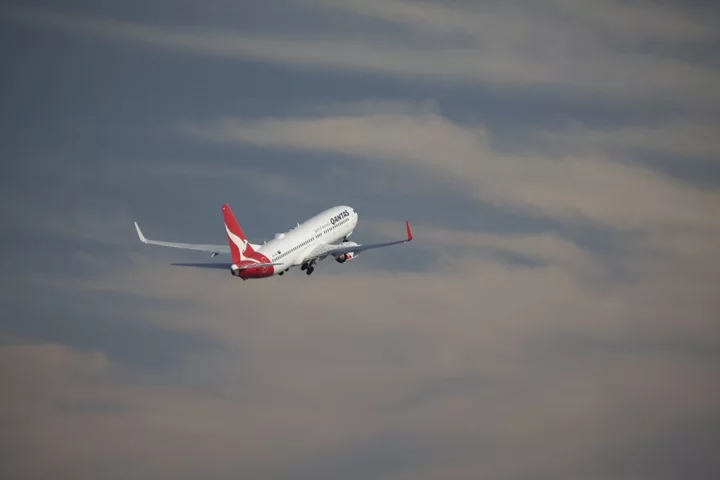It was a week to forget in China, starting with data showing the worst export decline since February 2020 and ending with the economy falling into deflation. To add to the misery, there’s an invasion of pesky plant pests.
Recent storms have caused the migration of insects and the spread of disease among key crops including rice, of which China is the world’s biggest producer of the grain. Invaders include the dreaded fall armyworm, the planthopper and the leaf roller. The United Nations says the growing threat of the pests is a result of climate change.
Despite the risks to agriculture, China reported a decline in consumer and producer prices, sending a chilling signal on the strength of the economy and to the struggling stock market. Slumping imports emphasized the battle the government faces in trying to restore confidence and reignite domestic demand.
To add insult to injury, President Joe Biden criticized the US’s biggest economic rival, saying China had problems and “when bad folks have problems, they do bad things.” Biden cited inaccurate facts and figures to prove his point, which Washington officials scrambled to justify and untangle a day later.
Hong Kong too did a bit of walking back, cutting its growth forecast for this year because of a “difficult global economic environment.’’ The city said it would look to inbound tourism to boost the economy. That comes as the number of visitors from mainland China, the city’s biggest market for tourists, dropped in June.
And Australia became the region’s last team standing in the women’s football World Cup after Japan lost in the quarterfinals to Sweden on Friday. The Matildas need to beat France to get into the semis where they will play against either England or Colombia.
Have a waltzing weekend.

